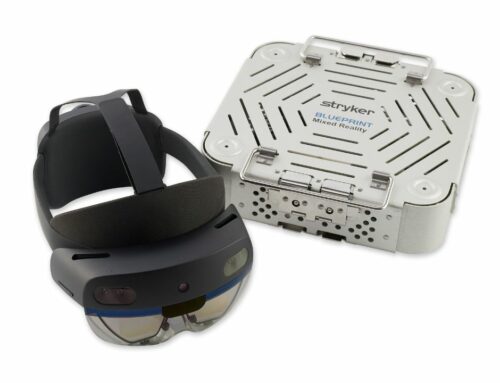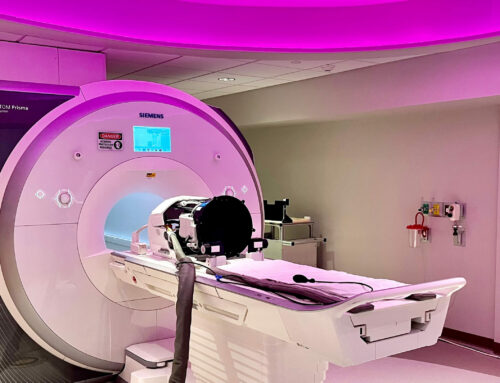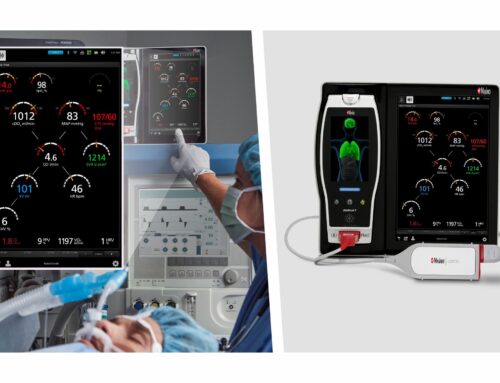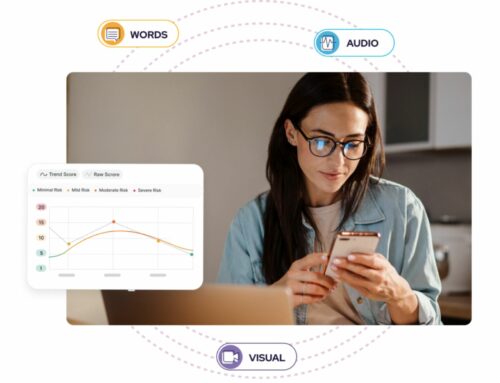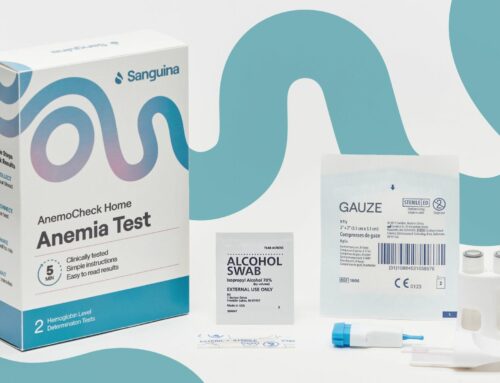By: Christian Worstell, Senior Staff Writer at MedicareAdvantage.com
As health care tech becomes more mainstream, one significant hurdle remains in the way to more widespread adoption: trust among younger users.
On the surface, the marriage between medical tests and DIY technology seems like a happily-ever-after arrangement for Generation Z and a surefire vertical for the companies that manufacture and sell the tests.
But a recent survey from MedicareAdvantage.com may pour a bit of cold water on the expected popularity of at-home health care testing and monitoring among younger users. According to the survey, Generation Z is only half as likely as senior adults to trust the results of at-home medical tests.
Given younger adults’ affinity for all things convenience and innovation, it’s a puzzling finding and one that suppliers and marketers of at-home testing kits will need to address if the industry is going to push forward in years to come.
Testing Trust
The survey included more than 1,100 adults and uncovered a consistent theme: The younger someone is, the more skeptical they are likely to be of at-home health tests.
Baby boomers were at least twice as likely as Generation Z to trust at-home stool sample tests, food intolerance tests, diabetes tests, Lyme disease tests, blood tests and STD/STI tests. Seniors were also nearly twice as likely as Generation Z to trust at-home COVID-19 tests. Just 36% of Generation Z respondents trusted the at-home version of the COVID-19 test as much as the one they would receive in a doctor’s office.
Of the 12 different types of at-home health tests included in the survey, no more than 41% of respondents from Generation Z displayed trust in any single one of them. For example, just 14% of Generation Z respondents trust the results of an at-home blood test.
What was perhaps most interesting about the survey results was the near-linear way in which age correlated with trust levels. Millennials were slightly more trusting than Generation Z. Generation X was slightly more trusting than Millennials. And baby boomers were more trusting than anyone.
The survey also found a near-linear relationship between age and the level of comfort in performing these at-home tests. For instance, the older one is, the higher their level of comfort will be with pricking their finger or collecting a stool or urine sample.
Why it Matters
At-home medical testing has the potential to save lives partly by keeping immunocompromised individuals out of doctor’s office waiting rooms that could be crowded with other sick individuals.
The privacy and convenience of at-home testing is also a game-changer for people who fear going to a doctor’s office and for those who may forego some medical care due to lack reliable transportation or face other obstacles.
And in the case of the COVID-19 pandemic, at-home testing can greatly reduce potential virus spread by reducing community exposure to infected people.
However, much of this remains irrelevant if a sizeable portion of adults remain reluctant to adapt to new and emerging technologies. Widespread mistrust can severely hamper efforts to take at-home testing more mainstream and revolutionize the way we do health care in the 21st century.
What Must Happen
Part of the lack of trust can be attributed to a lack of regulation. Some at-home health tests do not need FDA-approval. The COVID-19 pandemic also fueled a wave of startups creating and selling at-home tests, which are sometimes allowed to be designed, manufactured and used by a single laboratory while remaining unregistered by sidestepping numerous federal regulations.
At-home testing looks like a slam dunk for younger generations who embrace technology and demand convenience. But these generations are also skeptical enough for health tech companies and health care systems to consider how they address levels of public trust.
The message to the federal government, the FDA, startup testing companies and their stakeholders regarding the public trust for at-home testing?
Speak now or forever hold your peace.
About the Author
Christian Worstell is a licensed insurance agent and Senior Staff Writer for MedicareAdvantage.com. He is passionate about helping people navigate the complexities of their Medicare coverage options. His work has been featured in outlets such as Vox, MSN and The Washington Post, and he is a frequent contributor to health care and finance blogs. Christian is a graduate of Shippensburg University with a bachelor’s degree in journalism.

